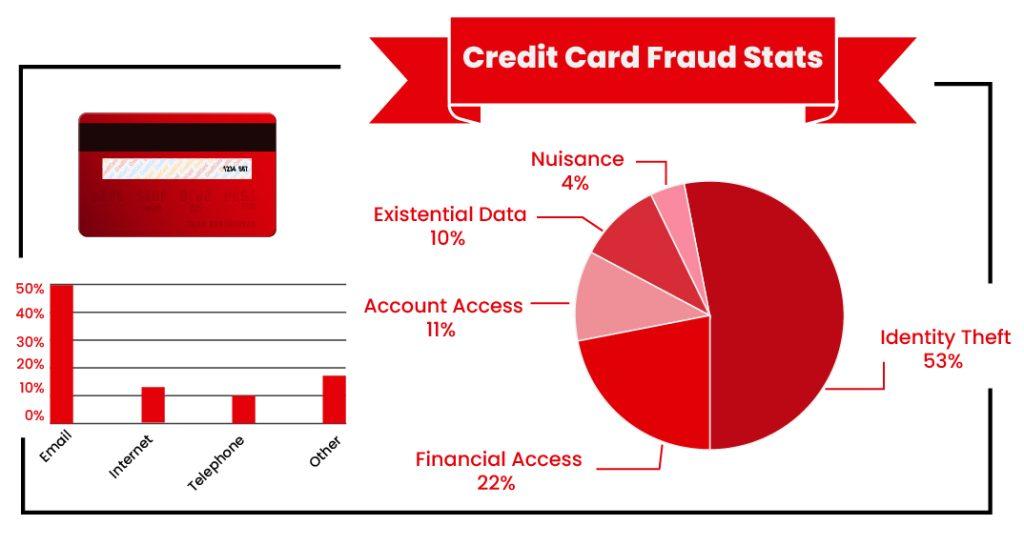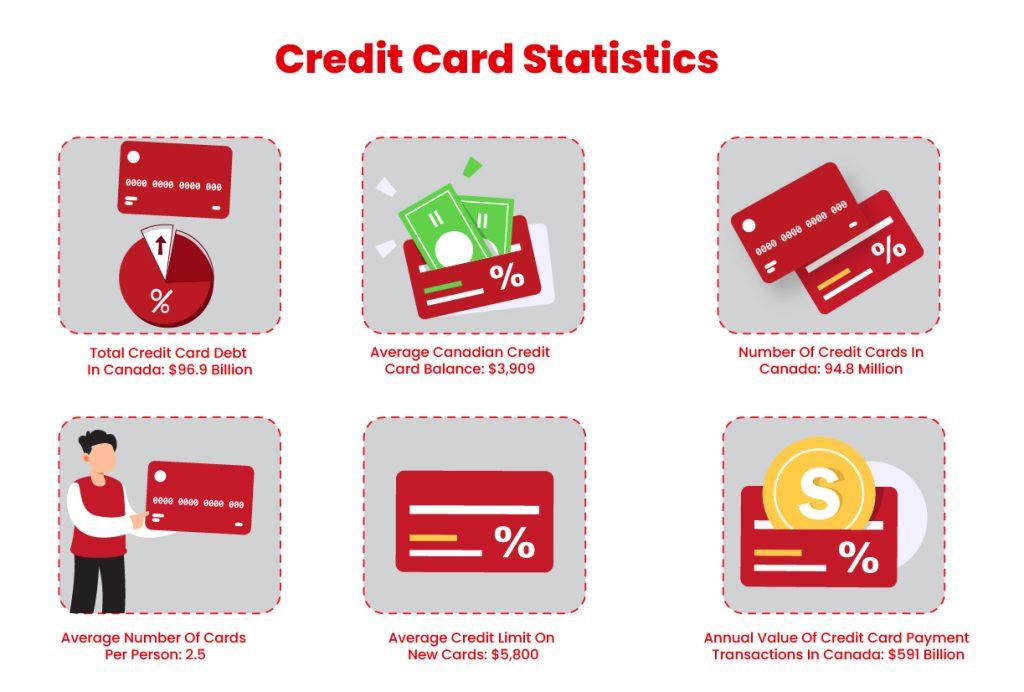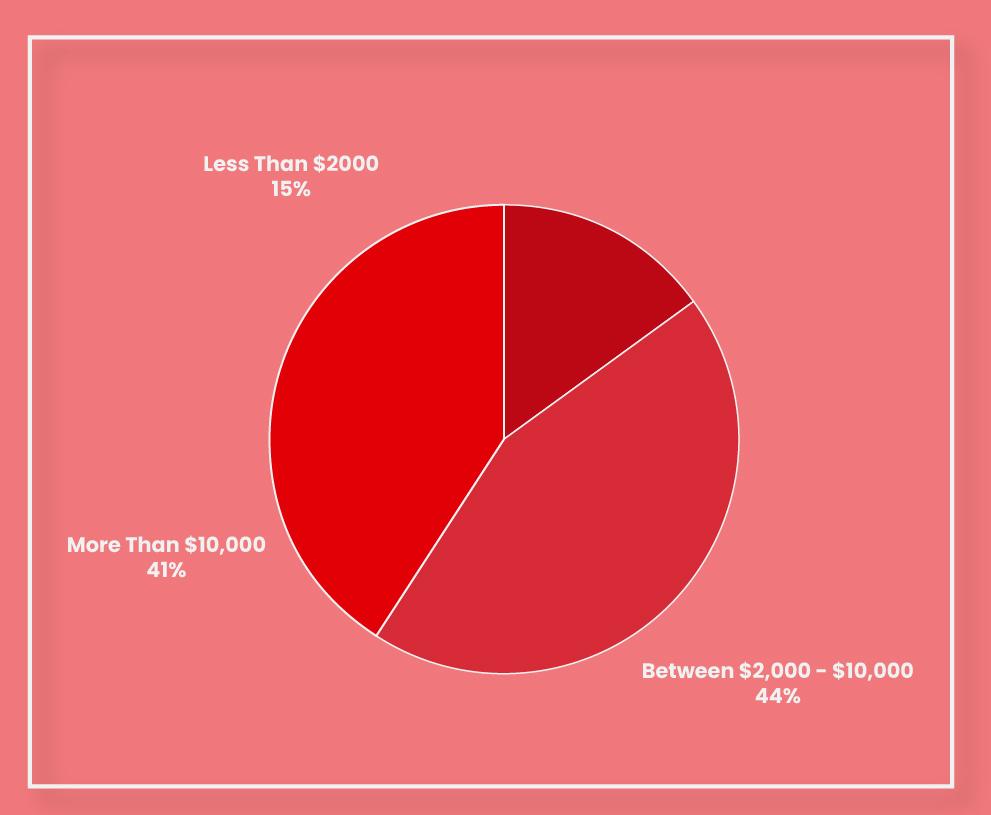Credit cards are vital financial tools that offer convenience, rewards, and the ability to build credit. In Canada, credit cards are broadly categorized into two types: secured and unsecured. Understanding the differences between these two types of credit cards, their benefits, drawbacks, and eligibility requirements can help you make an informed decision about which one is right for you. In this comprehensive guide, we will delve into the specifics of secured and unsecured credit cards in Canada.
Understanding Secured Credit Cards
What is a Secured Credit Card?
A secured credit card requires the cardholder to provide a security deposit as collateral. This deposit acts as a safeguard for the credit card issuer in case the cardholder defaults on their payments. The credit limit on a secured credit card is typically equal to or slightly less than the amount of the security deposit.
Benefits of Secured Credit Cards
- Credit Building:Secured credit cards are particularly beneficial for individuals with no credit history or those seeking to rebuild their credit. By making regular, on-time payments, cardholders can demonstrate responsible credit behaviour, which can positively impact their credit score over time. This makes secured cards a practical tool for young adults, newcomers to a country, or anyone recovering from financial setbacks. Over time, consistent use and timely payments on a secured card can help individuals establish a positive credit history, paving the way for better financial opportunities.
- Approval Odds: One of the main advantages of secured credit cards is their higher approval odds compared to unsecured cards. Since secured credit cards require a security deposit that serves as collateral, the risk for the issuer is significantly reduced. This lower risk makes it easier for individuals with poor credit or no credit history to get approved. The security deposit reassures issuers that they will be covered in case of default, which is why they are more willing to approve applicants who might not qualify for unsecured cards.
- Spending Control:Secured credit cards often have credit limits that match the security deposit. This feature can help cardholders manage their spending and avoid accumulating excessive debt. By having a predefined limit, users are encouraged to spend within their means, promoting better financial habits. For individuals who are new to credit or who have had trouble managing debt in the past, this spending control can be a valuable feature. It provides a structured environment in which to learn and practice responsible credit usage.
- Transition to Unsecured: Many secured credit cards offer a pathway to unsecured credit cards. After demonstrating responsible credit use over a certain period, cardholders can often graduate to an unsecured card and receive their security deposit back. This transition is a significant benefit, as it rewards good credit behaviour and provides an opportunity for the cardholder to access higher credit limits and better rewards programs available with unsecured cards. The ability to transition can be a motivating factor for users to maintain good credit habits.
Drawbacks of Secured Credit Cards
- Security Deposit: The requirement of a security deposit can be a barrier for some individuals. The deposit, which usually matches the credit limit, is tied up and cannot be used until the card is either closed or transitioned to an unsecured card. This can be a significant drawback for those who are already facing financial constraints. While the deposit is refundable, it represents an upfront cost that some may find challenging to provide.
- Higher Fees and Interest Rates:Secured credit cards often come with higher annual fees and interest rates compared to their unsecured counterparts. These higher costs can add to the overall expense of borrowing and can be particularly burdensome for those who carry a balance from month to month. It’s essential for potential cardholders to carefully review the terms and conditions to understand all associated costs and ensure they can manage these expenses.
- Limited Credit Limit: The credit limit on a secured credit card is generally low, usually equal to the security deposit. For individuals who need a higher spending limit to manage more considerable expenses or emergencies, this limited credit capacity might not be sufficient. The low credit limit can also impact the credit utilization ratio, which is a factor in credit scoring. A higher ratio can negatively affect credit scores, so cardholders need to monitor their spending closely and keep their balances low relative to their limit.
Eligibility Requirements for Secured Credit Cards
The primary requirement for obtaining a secured credit card is the ability to provide a security deposit. Additionally, applicants must be of legal age, have a steady income, and meet any specific requirements set by the card issuer. Since the security deposit mitigates the credit risk, credit score requirements are usually more lenient.

Understanding Unsecured Credit Cards
What is an Unsecured Credit Card?
An unsecured credit card is the most common type of credit card that does not require a security deposit. The credit limit is determined by the card issuer based on the applicant’s creditworthiness, which is assessed through their credit history, income, and other financial factors.
Benefits of Unsecured Credit Cards
- No Security Deposit: One of the most significant benefits of unsecured credit cards is the absence of a security deposit requirement. Unlike secured credit cards, which require cardholders to deposit an amount equivalent to their credit limit as collateral, unsecured credit cards do not require any upfront payment. This makes unsecured credit cards accessible to a broader range of individuals, particularly those who may not have the funds available for a security deposit.
- Higher Credit Limits:Unsecured credit cards typically offer higher credit limits compared to secured cards. This increased borrowing capacity provides cardholders with greater financial flexibility. With a higher credit limit, individuals can manage larger expenses, handle emergencies, or make significant purchases without the immediate need for cash.
- Rewards and Perks: Many unsecured credit cards come with an array of rewards programs and perks that can add substantial value to everyday spending. These rewards can include cash back on purchases, points that can be redeemed for travel, merchandise, or gift cards, and even exclusive travel benefits such as airline miles, hotel stays, and access to airport lounges.
- Competitive Interest Rates:Unsecured credit cards generally offer more competitive interest rates compared to secured cards, particularly for individuals with good to excellent credit scores. Lower interest rates mean that carrying a balance on the card is less costly in terms of interest charges, which can save cardholders a considerable amount of money if they occasionally need to have a balance.
Drawbacks of Unsecured Credit Cards
- Stringent Approval Criteria: Because unsecured credit cards do not require a security deposit, credit card issuers are generally more stringent with their approval criteria. This means that individuals with poor credit scores, no credit history, or significant negative marks on their credit reports may find it challenging to get approved for an unsecured card.
- Potential for High Debt: While higher credit limits provide financial flexibility, they also pose the risk of overspending and accumulating significant debt. Without careful management and disciplined spending, cardholders may find themselves carrying large balances, leading to high interest charges and potential financial strain.
- Fees and Penalties:Unsecured credit cards can come with various fees and penalties that add to the cost of using the card. Common fees include annual fees, balance transfer fees, cash advance fees, and foreign transaction fees. Additionally, late payment penalties and over-limit fees can further increase costs if the cardholder is not careful.
Eligibility Requirements for Unsecured Credit Cards
To qualify for an unsecured credit card, applicants must have a good to excellent credit score, a stable income, and a low debt-to-income ratio. Card issuers evaluate an applicant’s creditworthiness based on their credit report, payment history, and overall financial health. Meeting these requirements can increase the chances of approval and access to better credit card offers.

Comparing Secured vs. Unsecured Credit Cards
Credit Building Potential
Secured Credit Cards: These cards are specifically designed to help individuals build or rebuild their credit. By using a secured credit card responsibly, cardholders can demonstrate their ability to manage credit and improve their credit score over time.
Unsecured Credit Cards: While unsecured credit cards also contribute to credit building, they are typically more suitable for individuals with an established credit history. The responsible use of an unsecured credit card can help maintain and enhance a credit score that is already good.
Approval Chances
Secured Credit Cards: The approval criteria for secured credit cards are more lenient due to the security deposit requirement. This makes them accessible to individuals with poor or no credit history.
Unsecured Credit Cards: Approval for unsecured credit cards is more challenging, as issuers require a good to excellent credit score and a stable financial background. Applicants with low credit scores may find it challenging to get approved.
Costs and Fees
Secured Credit Cards: These cards often come with higher fees and interest rates. The security deposit is an additional cost that ties up funds, making it less appealing for some users.
Unsecured Credit Cards: Unsecured cards generally offer more competitive interest rates and lower fees. However, some premium unsecured cards come with annual fees, which may be offset by rewards and benefits.
Rewards and Benefits
Secured Credit Cards: Rewards and benefits are limited for secured credit cards. Some issuers offer essential rewards programs, but these are not as extensive as those available with unsecured cards.
Unsecured Credit Cards: Unsecured credit cards often feature robust rewards programs, including cash back, travel rewards, and points for various purchases. These cards also offer additional perks like travel insurance, purchase protection, and extended warranties.
Spending Limits
Secured Credit Cards: The credit limit on a secured card is directly tied to the security deposit, which can be limiting for users who require higher spending limits.
Unsecured Credit Cards: Unsecured cards typically offer higher credit limits based on the cardholder’s creditworthiness, providing more spending flexibility.
Choosing the Right Credit Card for You
Deciding between a secured and unsecured credit card depends on your financial situation, credit history, and personal preferences. Here are some factors to consider when making your decision:
Credit History
- Poor or No Credit History: If you have a poor or non-existent credit history, a secured credit card is likely the best option. It provides an opportunity to build or rebuild your credit with a lower risk of default.
- Established Credit History: If you have a good credit score and a stable financial background, an unsecured credit card will offer more benefits and rewards.
Financial Goals
- Credit Building: For individuals focused on building or improving their credit, secured credit cards are an ideal starting point.
- Rewards and Perks: If you’re looking to maximize rewards and benefits from your spending, an unsecured credit card with a strong rewards program will be more suitable.
Spending Habits
- Controlled Spending: If you prefer a card that helps you control your spending, a secured credit card with a lower credit limit may be beneficial.
- Higher Spending Needs: An unsecured credit card is the better choice for those who need a higher credit limit to accommodate their spending.
Ability to Provide a Security Deposit
- Availability of Funds: If you can afford to provide a security deposit, a secured credit card is a viable option.
- No Upfront Deposit: If you prefer not to tie up funds in a security deposit, an unsecured credit card is more appropriate.
Search For the Best Cashback Card for Online Shopping
If you’re looking for cards that offer fantastic cash back or credit card rebates, you’ve come to the right place! Great Canadian Rebates is an online platform that lets Members compare credit card options available in Canada and apply for the one that best suits their financial and lifestyle requirements.
It’s free to join, and Members can also choose from over 700 well-known merchants and enjoy great rebates, deals, and discounts. Visit the website today for more information.


